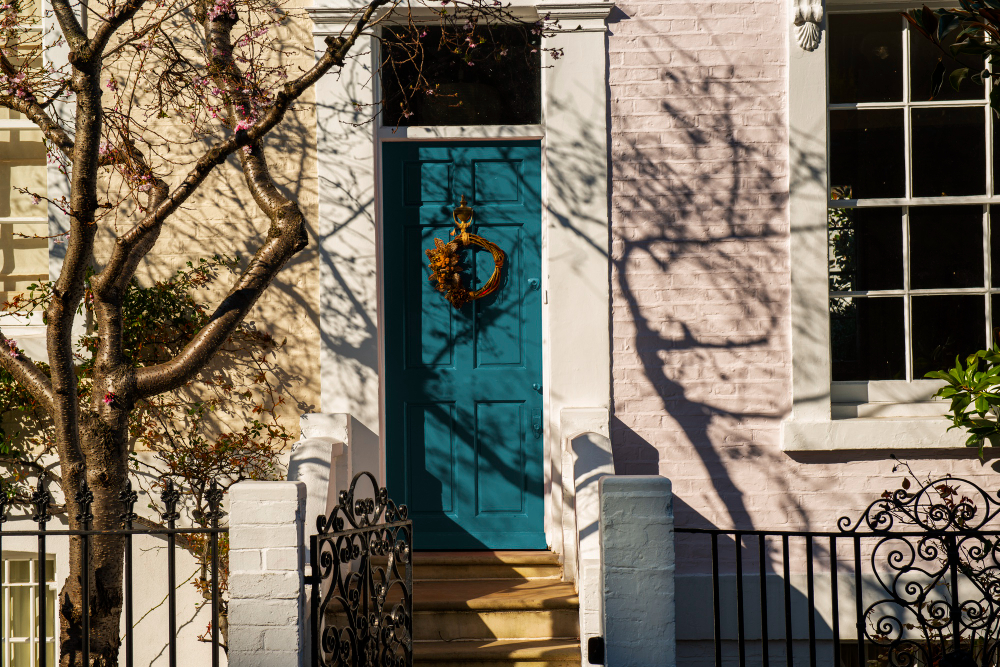When Was My House Built? A Comprehensive Guide for Homeowners
Knowing when your house was built can be crucial for various reasons, from home insurance to renovation plans. This guide will walk you through effective methods to determine your property age.

1. Use a Free Postcode Search Tool
Start by using a postcode search tool like Property Checker UK or CasaInsight. These tools leverage HM Land Registry data and Energy Performance Certificates (EPCs) to provide accurate build dates or approximate ranges.
Key Benefits:
- Instant results
- No cost
- Reliable for post-1995 properties
2. Check HM Land Registry & Title Deeds
Access the title register by downloading it for £3 to find the first sale date, which often aligns with the build year. Title deeds, held by your solicitor or mortgage provider, may list construction dates, especially for post-1940s homes.
Pro Tip:
Contact your solicitor or visit the HM Land Registry website to access detailed records.
3. Contact Your Local Authority
Local councils maintain records of planning permissions and building control documents. For older properties, historical maps and parish records may be available through local archives.
Resource:
Visit your local councils website or archives department to access historical records.
4. Analyze Architectural Features
Victorian (1837-1901)
- Bay windows
- High ceilings
- Red brickwork
Edwardian (1901-1910)
- Wide halls
- Hipped roofs
- Mock-Tudor cladding
5. Explore Historical Maps & Census Data
Use historical maps on platforms like Old Maps Online to trace your property history. Census records, available for properties built before 1921, can provide valuable insights into construction timelines.
Resource:
Explore Find My Past for historical records and census data.
Why Knowing Your House Age Matters
Home Insurance Costs
Older homes may have higher rebuild costs and structural risks, impacting insurance premiums.
Renovation Compliance
Period properties may require materials matching original construction for compliance.
Property Value
Victorian or Georgian homes often attract higher market values due to historical charm.
Energy Efficiency
Newer builds (post-2000) are more likely to include eco-friendly features like solar panels.
FAQs: When Was My House Built?
Can I check my house age for free?
Yes! Use postcode tools like Property Checker UK for free estimates.
How accurate are Land Registry records?
These records are reliable for post-1940s homes, though older properties may require additional research.
Does my EPC show the build date?
EPCs created after 2008 may include construction details, aiding in determining your house age.
Related Resources
Final Tip: Combine online tools with local archives for the most accurate timeline. For expert insights, consider consulting a listed building specialist or local historian.